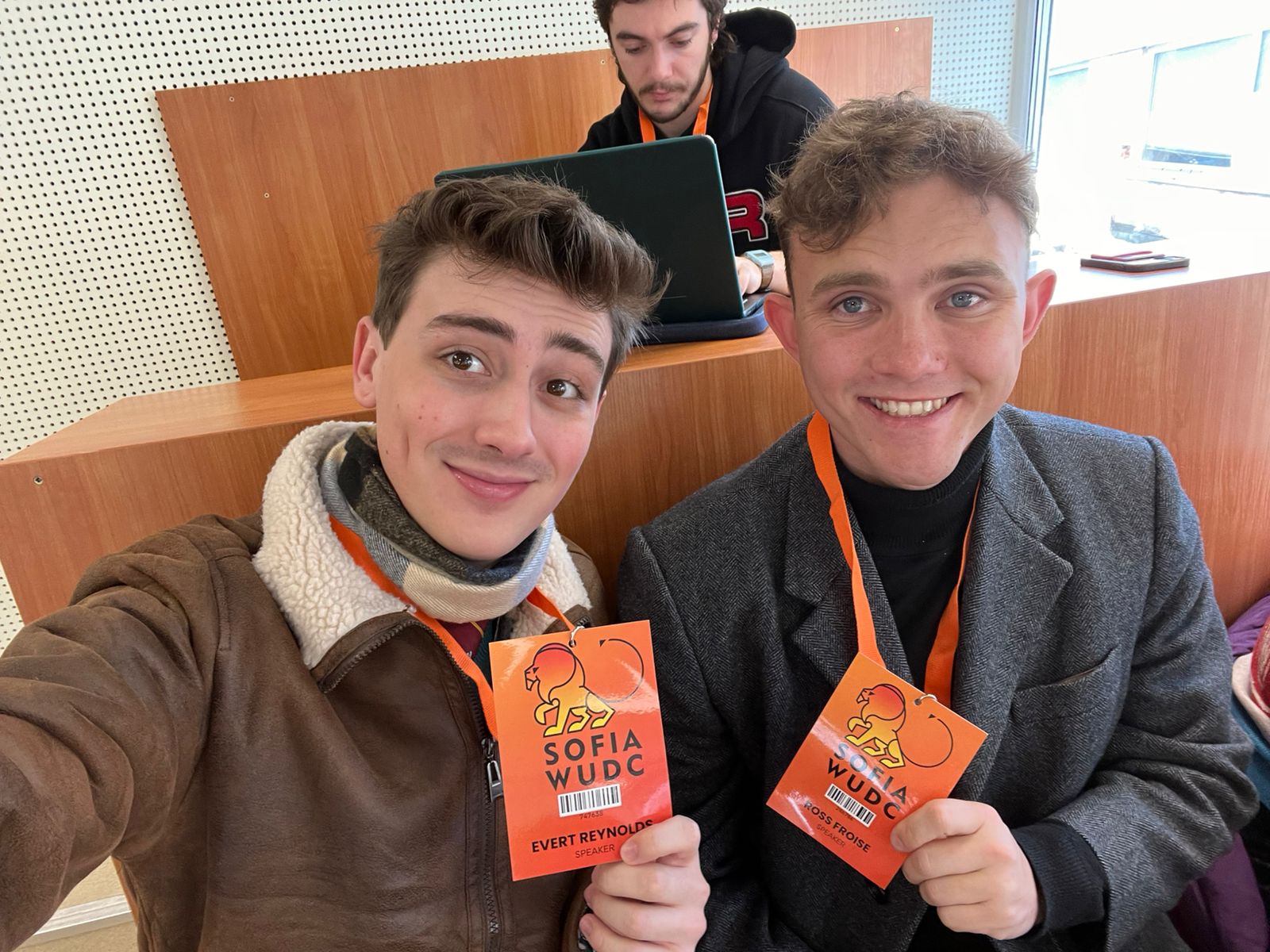BY THOMAS LEE
Upon a ridge of the north east facing slope of the Jonkershoek valley, sits an important feature of the reserve. The little green fire hut, which once overlooked the great green slopes of the Square Tower Peak and the Twin Peaks, is now faced, quite literally, with the prospect of a dark future. A future within which time will eventually heal. The recent fires, which ripped through the valley, Assegaaibos as well as the Stellenbosch mountain, were devastating. Houses were destroyed, firefighters were injured, expenditure was in full force as resources were depleted and many were left to watch whilst their place of worship was burnt and scarred only to resemble a post-apocalyptic world. A sad and desolate time awaits the Jonkershoek Valley. However, it once again provides its prophets with life lessons through its despair.
The natural world and society are ever connected. This constant phenomenon was highlighted by one of the great naturalists, Alexander von Humboldt. As humans, we reap what we sow. This notion can be attributed to almost all aspects of life. What we put in we will get out. In the context of immersing ourselves in the natural world, we are subconsciously learning and taking note of how nature goes about its day to day routine. It is from here where valuable life lessons are learnt. The first lesson which Jonkershoek ever taught me was to always be organised and ready for what the day of trail running or hiking had in store. This gave me a sense of purpose when I was to get ready for any ordinary day. I was finally able to set an intention as to what I was to achieve. This came down to two vital aspects. These being, without an objective, I couldn’t achieve an aim. The teachings of Jonkershoek didn’t end there. In many instances, certain realisations or epiphanies came about and I took hard knocks in the process.
Another important aspect that I have taken away from the Jonkershoek Valley is that it is okay to be alone with one’s own thoughts. To delve deep into how you feel in a moment and to process that feeling, can only come from self-reflection. Where better to be with ones thoughts than in an ancient landscape that has preceded everything that makes us human. The valley has no stereotypes, no hate, and most importantly, it accepts those who accept it for what it is…a place to be respected and cherished. Perhaps that is the most valuable lesson to come from the 11 000ha piece of land. That being that respect comes from being respected. It is a mutual phenomenon. I have once been negligent in traversing across areas where I should not have been and I paid the price for it.
The latest, and most personal, life lesson that I have taken away from my greatest teacher occurred last week. As I stared up towards the smouldering peaks which make up the valley, I thought about all the death and destruction that had occurred over those four or five days of burning. It disturbed me that the fauna and flora that I had once known, would no longer be there and that when I went for my weekly long run, I would be in a place which, perhaps, I did not know anymore. However, as I ran back towards Stellenbosch, I realised that fynbos has to burn to spread its seed. According to Cape Nature, fynbos has to burn every 12-20 years in order for a healthy lifecycle to occur. Its very existence comes from destruction. In stating this, nothing is constant. And whilst nothing is constant, growth can come from an end to something that was so violently destroyed. The phoenix rises from the ashes of its descendant.
I will forever cherish the fauna and flora that have already taught me so many lessons. However, most of what I knew is gone now, yet, from the same foundation will come more lessons and love from the not so inanimate Jonkershoek. If you are still reading this and you have not immersed yourself in the unknown, I encourage you to learn from objects which prevail in the natural world. It is time that more humans in society pay careful attention to the lessons that mother nature exposes to us. In this very instance, what I took away from my teacher was that an end isn’t an end in the ordinary sense of the word. Instead, it is merely the beginning of something to come.



